Can You Take CBD If You Have an Autoimmune Disease?
Estimated reading time: 8 minutes
- Introduction
- Understanding CBD
- What is an autoimmune disease?
- Common Autoimmune Diseases
- Why could CBD help with autoimmune diseases?
- Potential Benefits of CBD for Autoimmune Diseases
- Considerations before Using CBD for Autoimmune Diseases
- Dangers of Taking CBD When You Have an Autoimmune Disease
- Conclusion
- The Real CBD for Autoimmune Diseases
Introduction

Autoimmune diseases occur when the body's immune system attacks and damages its own tissues. Common examples include rheumatoid arthritis, lupus, multiple sclerosis, and psoriasis, among others. With the rise in popularity of CBD (Cannabidiol) as a natural remedy for various ailments, many individuals with autoimmune diseases are curious if CBD can be a beneficial addition to their treatment regimen. Here is what current research and expert opinions suggest.
Understanding CBD
CBD is one of the primary parts of the cannabis/hemp plant. Unlike THC (tetrahydrocannabinol), CBD does not produce psychoactive effects, meaning it doesn't make you “high.” Instead, CBD has garnered attention for its potential anti-inflammatory, analgesic (pain relieving), and immunomodulatory properties.
What is an autoimmune disease?

An autoimmune disease is a condition wherein the body's immune system mistakenly attacks and destroys its own healthy cells and tissues. In a properly functioning immune system, the body can differentiate between foreign cells and its own cells. However, in the case of autoimmune diseases, this recognition system goes awry, leading the immune system to interpret the body's cells as foreign and subsequently launch an attack.
Causes of Autoimmune Diseases
The exact cause of autoimmune diseases remains largely unknown. However, it is thought that a number of things led to their growth, such as:
- Genetics: Family history can play a role. If a close family member has an autoimmune disease, the risk of developing one may be higher.
- Environmental Triggers: Exposure to certain environmental factors, such as infections or toxins, might trigger an autoimmune response in individuals predisposed to it.
- Hormones: Some autoimmune diseases, like lupus, are more common in women, indicating that hormones might play a role.
Common Autoimmune Diseases

There are over 80 different types of autoimmune diseases, and while some are rare, others are quite common. Here are a few examples:
- Rheumatoid Arthritis (RA): This affects the joints, causing pain, swelling, and stiffness.
- Systemic Lupus Erythematosus (Lupus): This can affect the skin, joints, kidneys, brain, and other organs.
- Type 1 Diabetes: The immune system attacks and destroys insulin-producing cells in the pancreas.
- Multiple Sclerosis (MS): The immune system targets the protective covering of nerve fibres, causing communication issues between the brain and the rest of the body.
- Psoriasis: This is a rapid build-up of skin cells, leading to scaly patches on the skin.
Symptoms and Diagnosis
Symptoms of autoimmune diseases can vary widely, depending on the specific disease and the body part(s) affected. Common symptoms may include fatigue, joint pain, skin rashes, and fever. Because symptoms can be vague and often overlap with other conditions, diagnosis can be challenging. It typically involves a combination of medical history analysis, physical examination, and various diagnostic tests.
Why could CBD help with autoimmune diseases?
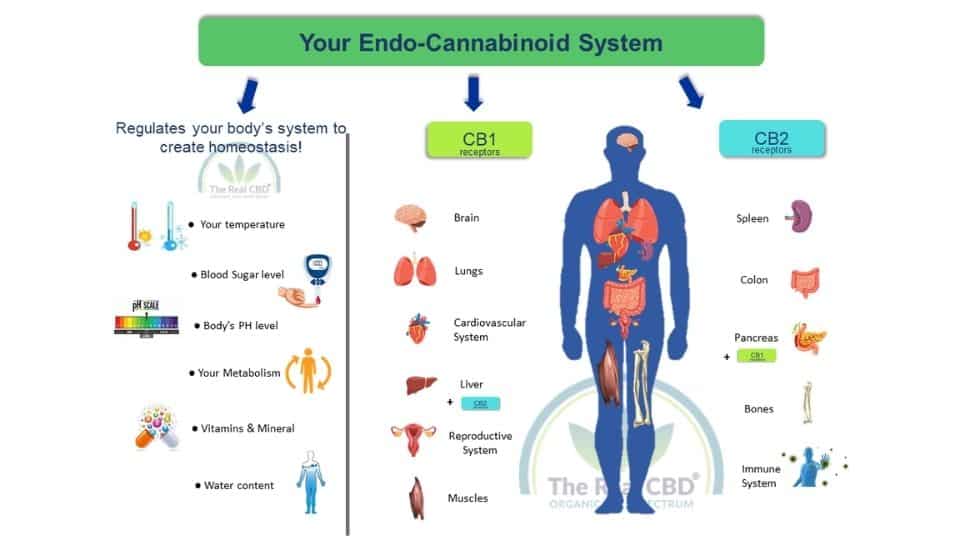
A strong immune system protects the body from getting sick and getting infections. However, when something goes wrong, T-cells act as if the body's cells are a danger so that the body can get back to homeostasis. This is the cause of all autoimmune diseases.
Science has not been able to figure out why this happens yet. In traditional treatments, the immune system is slowed down to stop the auto-aggressive reaction. Long-term use of immunosuppressive drugs weakens the immune system, which makes you more likely to get sick. It is a vicious loop!
This has made the need for holistic treatment help even more important. In addition, this is where CBD for diseases that happen on their own comes in. So, how does CBD help inflammatory conditions?
How does it work?
To understand CBD, you need to know about the endocannabinoid system (ECS). It's made up of enzymes, endocannabinoids, and endocannabinoid receptors, all of which help keep the body's balance (homeostasis) in check.
Even though research on CBD and the ECS is still in its early stages, it is thought that CBD could potentially bind to TRPV1 receptors, which are thought to control pain perception, inflammation, and body temperature, all of which are common signs of autoimmune conditions.
The link between CBD and CB1 and CB2 receptors has not yet been proven, but it is thought that CBD may have a secondary effect on these proteins.
Potential Benefits of CBD for Autoimmune Diseases

- Anti-inflammatory Properties: Chronic inflammation is a hallmark of many autoimmune diseases. Pre-clinical studies suggest that CBD may have anti-inflammatory effects, potentially providing relief from inflammation-associated symptoms.
Read more about CBD for inflammation here
- Pain Relief: Pain is a common symptom for many individuals with autoimmune disorders. CBD may help manage this pain by interacting with the body's endocannabinoid system.
Learn more about CBD for pain here
- Mood and Sleep Regulation: Chronic pain and the stress of managing a chronic illness can lead to mood disorders and sleep disturbances. Some users report that CBD helps improve their sleep quality and mood, although this area needs more research.
More information about CBD for Sleep here
Considerations before Using CBD for Autoimmune Diseases

- Interactions with Other Medications: CBD can interact with various medications, altering how the body metabolizes them. It is crucial to consult with a healthcare provider before combining CBD with other treatments, especially immunosuppressant.
- Research Limitations: More thorough clinical trials are needed to find out if CBD is safe and effective for autoimmune conditions.
- Quality and Purity: As the CBD market is rapidly growing; there is a range of product quality. Ensure that you are choosing a high quality, third-party tested product that does not contain contaminants.
- Dosage: The optimal dosage of CBD can vary widely based on the individual and the specific autoimmune condition. Starting with a low dose and gradually increasing, while monitoring symptoms and side effects, is a recommended approach.
More about CBD from our blog:
Dangers of Taking CBD When You Have an Autoimmune Disease
CBD (Cannabidiol) has garnered considerable attention in recent years for its potential therapeutic effects. However, for individuals with autoimmune diseases, it is essential to approach CBD with caution. Here, we will delve into some potential dangers and concerns regarding the consumption of CBD for those diagnosed with autoimmune disorders.
1. Drug Interactions
Immunosuppressants: People with autoimmune diseases are prescribed immunosuppressive drugs to manage their condition. CBD may interact with these medications, potentially reducing or enhancing their effectiveness. This can lead to unwanted side effects or decrease the therapeutic effect of the medication.
Other Medications: CBD can influence how the liver breaks down various drugs. It may interfere with the metabolism of certain medications, leading to increased concentrations of these drugs in the bloodstream and potential side effects.
2. Overstimulation of the Immune System
CBD has anti-inflammatory properties. However, it's exact impact on the immune system is still being studies. There is a possibility, albeit minor, that CBD could stimulate certain components of the immune system in some individuals, which could exacerbate autoimmune symptoms.
3. Inconsistent Product Quality
The CBD market is vast and varied. Not all CBD products are created equal, and some might contain contaminants like heavy metals, pesticides, or solvents. For someone with an autoimmune disease, these impurities can potentially trigger flare-ups or worsen their condition.
4. Masking of Symptoms
CBD might provide relief from some symptoms associated with autoimmune diseases, such as pain or inflammation. While this relief can improve quality of life, it might also mask the severity of the disease or give a false sense of improved health. This could lead individuals to inadvertently overlook or delay necessary medical treatments.
5. Potential Side Effects
CBD is generally considered safe. However, it is not without potential side effects. These can include fatigue, diarrhoea, changes in appetite, and weight. For those with autoimmune diseases, these side effects could compound existing symptoms or introduce new challenges in daily living.
6. Lack of Comprehensive Research
The research on CBD, especially in the context of autoimmune diseases, is still in its infancy. Many claims regarding its benefits are anecdotal. Without comprehensive, peer-reviewed studies, it is hard to determine the long-term effects and safety profile of CBD use in autoimmune patients.
Conclusion
In short, CBD shows promise for helping with the symptoms of autoimmune diseases, but more study is needed. If you are thinking about CBD, you should always talk to a doctor who knows your medical background and the medicines you are currently taking. They can give you advice that is specific to your case and will help you use CBD safely and effectively.
The Real CBD for Autoimmune Diseases
-
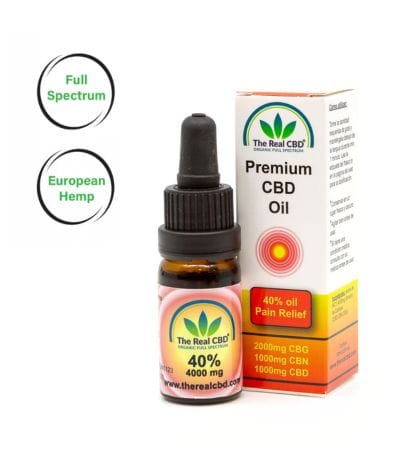 40% Pain Relief oil€179.00
40% Pain Relief oil€179.00 -
Product on sale
 HHC VapeOriginal price was: €55.00.€35.00Current price is: €35.00.
HHC VapeOriginal price was: €55.00.€35.00Current price is: €35.00. -
Product on sale
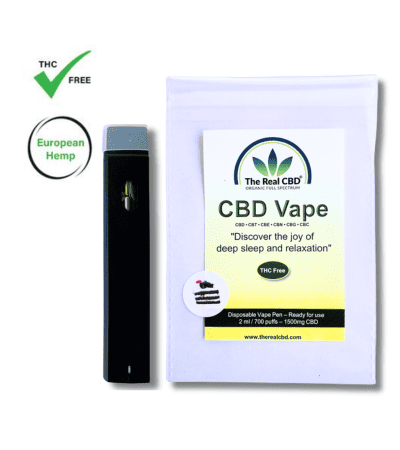 CBD Vape – Broad Spectrum€30.00 – €45.00
CBD Vape – Broad Spectrum€30.00 – €45.00 -
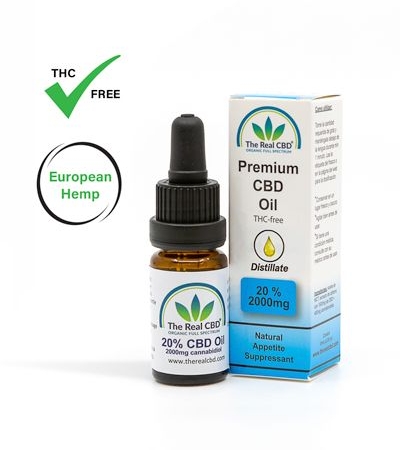 20% CBD oil – Distillate€92.00
20% CBD oil – Distillate€92.00 -
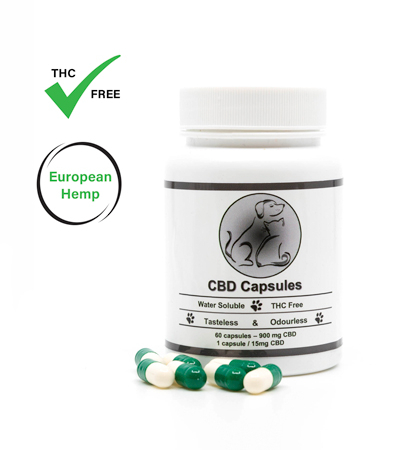 5% CBD Capsules for Pets€59.00
5% CBD Capsules for Pets€59.00 -
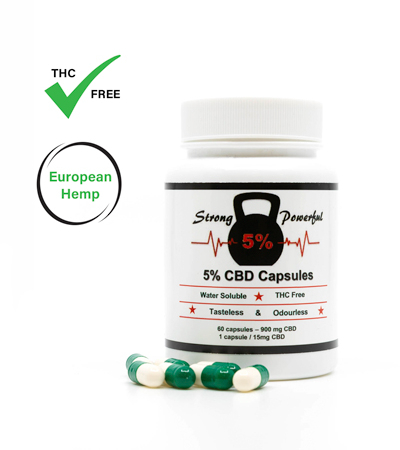 CBD Capsules for Athletes€59.00
CBD Capsules for Athletes€59.00 -
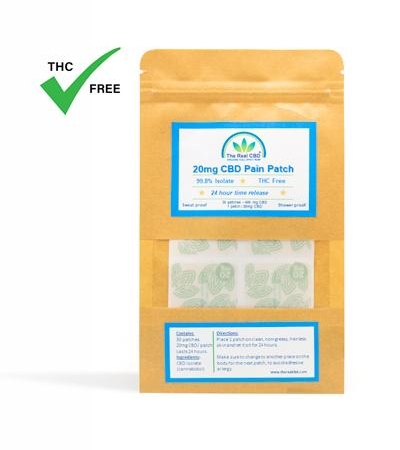 CBD Pain Patch 20mg€55.00
CBD Pain Patch 20mg€55.00 -
 CBD Rub€17.50
CBD Rub€17.50 -
 CBD Massage pack€120.00
CBD Massage pack€120.00 -
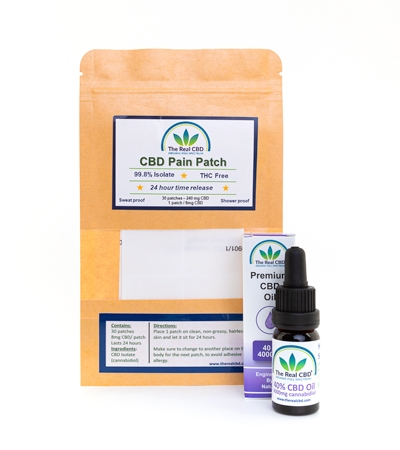 CBD Severe Pain Pack€183.00
CBD Severe Pain Pack€183.00 -
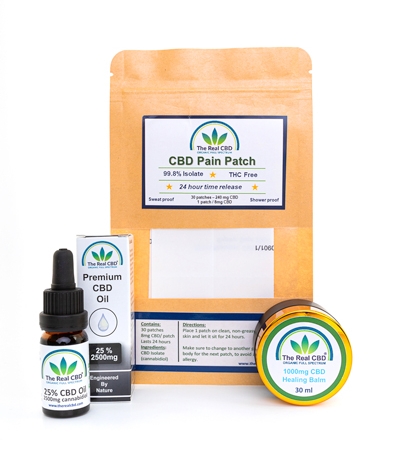 CBD Strong Pain Pack€195.00
CBD Strong Pain Pack€195.00 -
 CBD Athletes Pack€158.00
CBD Athletes Pack€158.00

I am a certified expert in Medicinal Cannabis. We are all about giving correct and trustworthy information. We know how important it is to learn about CBD and cannabis, which is why we want to be your go-to source for trustworthy information. We help you improve your health by using our knowledge and experience as a starting point.

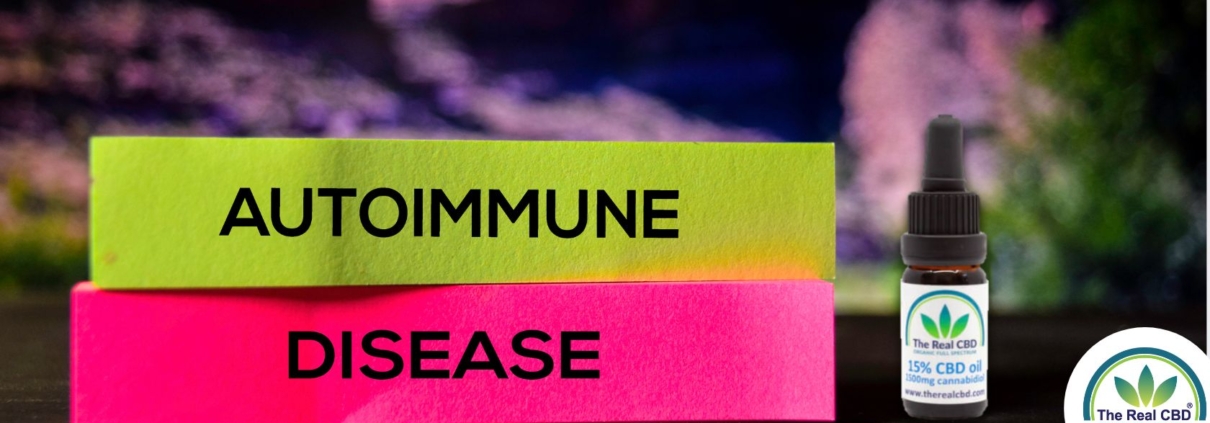

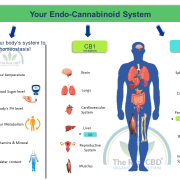










Leave a Reply
Want to join the discussion?Feel free to contribute!